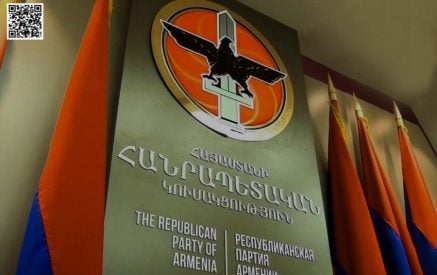The lists of parties and alliances have been made public in recent days. There exists no list on the earth that will make all the supporters of the given party happy. There will certainly be someone or several people that will be unacceptable for a certain part of the electorate. Moreover, there is no list in the world, the sequence on which will suffice those included in that list. Particularly in the case of Armenia, where individuals, especially those who are engaged in “big politics” have an exaggerated notion of their qualities and contributions. In such cases, there will be offended who will certainly not say that they are offended because of taking a place on the list not “adequate” for them, they will just state that they have deep ideological controversies with those who took places from 3rd to 5th.
I, as a citizen and as a voter, am displeased with all lists made public so far. Certainly, there are no ideal people and even if there are, they don’t want to become a member of the Armenian National Assembly. However, I am not talking about personal qualities. General Manvel (the Republican Party of Armenia/RPA/) and Gagik Jhangiryan (the Armenian National Congress/ANC/) are different people and have done positive things too – one is a war hero, the other is a highly-qualified lawyer. They and many other “list people” have one thing in common – they advocate solving issues using coercive methods (which they certainly do not publicly admit). Since mid-1990s, they have been participating in building the system, in which economic and political leverage is used not by the smartest and the worthiest people, but by ignorant and gross people and the saddest thing is that those “rules of the game” are accepted by the most part of the society, including the youth.
If one perceives “coercive methods” in a broader sense – not only as using violence and brutal force – one should note that there are many people on the lists who want to reach their goals through moral pressure and blackmail. E.g., they ostensibly want to establish democracy, but do that using antidemocratic methods. Or they ostensibly want to preserve Christian values, but without Christian obedience and virtue. Those people think that they have monopoly over democracy and Christianity and they are the only priest of those. This is a specific manifestation of “coercive methods,” moreover, the psychological and ideological basis for violence.
ARAM ABRAHAMYAN
Read also























































